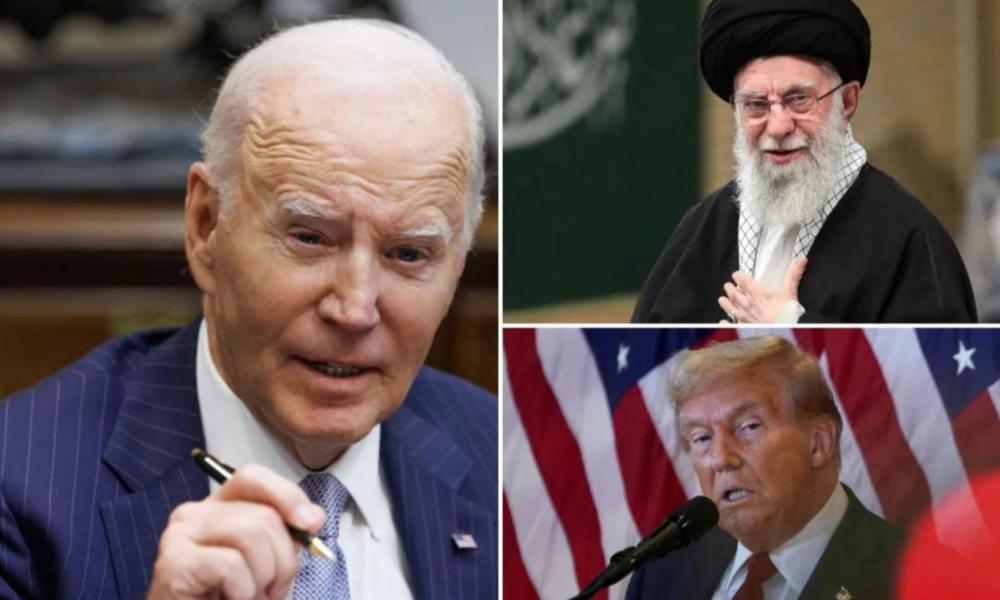The indirect talks between Iran and the United States have officially ended. This was stated by Iranian Foreign Minister Abbas Araghchi during his visit to Muscat, the capital of Oman.
According to him, the reason behind the termination of bilateral dialogues was the ongoing tension observed in the Middle East.
"At this moment, we see no reason to continue negotiations under these circumstances. Once the current crisis is addressed, a new decision will be made regarding whether the negotiations will resume," stated Tehran's top diplomat in an interview with a local media outlet.
The minister emphasized that Oman has played a significant role as a mediator in the difficult negotiations between Tehran and Washington, providing diplomatic services and creating favorable conditions for dialogue.
"We do not seek war or conflict. Although Iran is prepared for any scenario, our position remains firm: diplomacy must achieve its goal and prevent escalation," the Iranian diplomat concluded.
Biden to Iran: "Don’t kill Trump because..."
On the other hand, U.S. President Joe Biden issued a new warning to Iran, stating that any attempt to assassinate former U.S. President Donald Trump would be considered an act of war.
The White House leader's warning came shortly after Trump’s team received information about planned assassination attempts targeting the presidential candidate.
According to Fox News, Trump’s team made the unusual request for military aircraft capable of intercepting incoming missiles. These aircraft are expected to accompany former President Trump’s plane during his campaign trail.
However, U.S. media outlets report that the Pentagon has already taken drastic measures to increase the level of protection for Donald Trump. The U.S. Department of Defense suspects that Tehran may seek to assassinate Trump as revenge for the killing of General Qasem Soleimani in 2020.
According to Politico, approximately $150 million is spent annually on the protection of Trump’s former administration team members, including former Secretary of State Mike Pompeo and former U.S. Central Command chief, General Kenneth F. McKenzie Jr.



